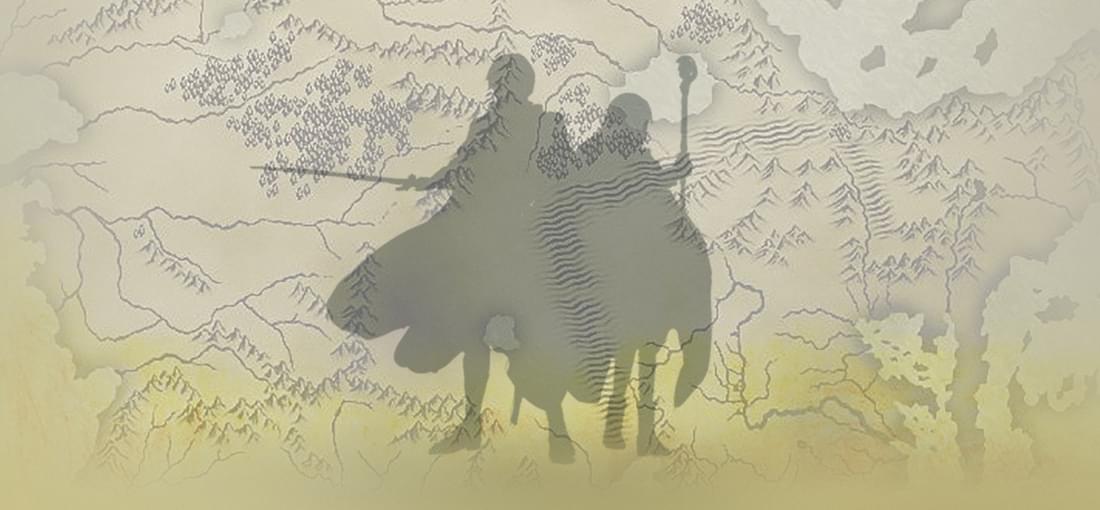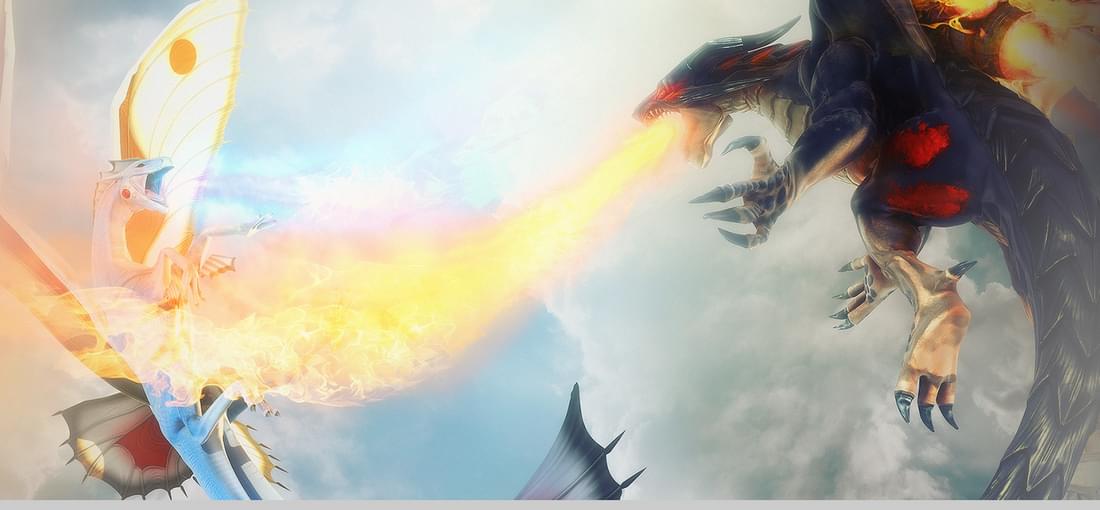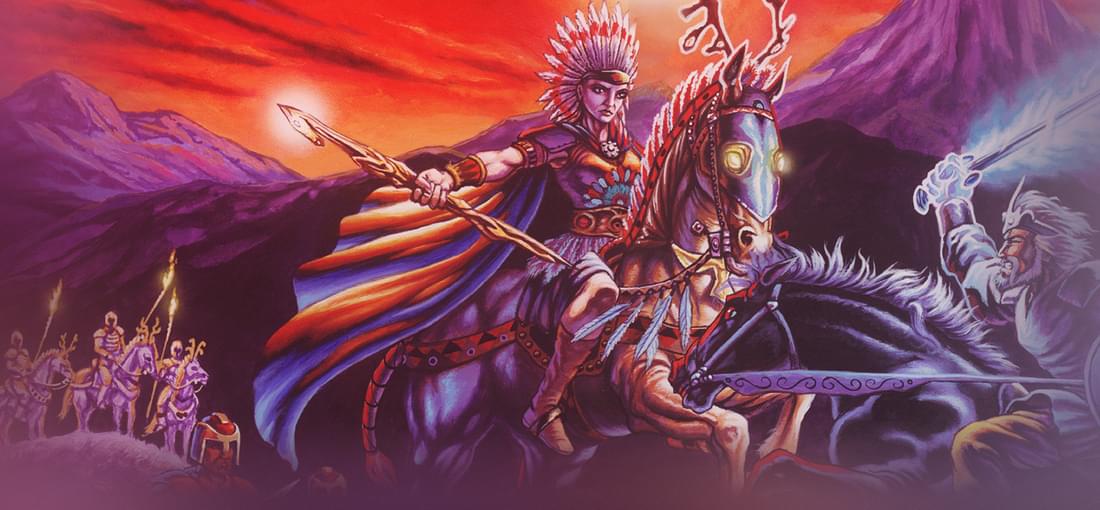


This is an industry legend's interpretation of where the genre/series he created would have gone if he had stayed in the industry longer and other developers hadn't taken over. It shows a lot of creativity and effort. At the same time, it is an indie title produced with volunteers and commercially available game development suites. If you have patience for minor quality of life and love Fire Emblem, then you'll love this.

The common denominator among critics seems to be that this game dividing attention between RPG and Strategy elements detracts from its depth and this is a bad thing. I'm not sure what people expected. Mass Effect's challenge mechanics aren't as good as Gears of Wars (3 came close, but still not there), Alpha Protocol's aren't as good as Splinter Cell's, Shadowrun Returns wasn't as good as XCOM, etc. Deus Ex comes close, but its individual mechanics don't live up to the standards of Thief or other first-person shooters. Why? Because each game stressed interactivity and reactivity and options over tactical depth. That way the player could build a convincing sense of self from making choices, which is the essence of RPGs as a genre. If the strategy elements are developed enough to give the players a sense that they are a commander aspiring to Imperial Glory against strong rivals, then that's enough. I'm not sure why people require RPGs (which are basically interactive stories with rich settings) to equal games that focus developmental resources almost exclusively on challenge mechanics.

I first heard about The King of Dragon Pass on a forum where several of us were comparing lists of RPGs we had played. It received a favorable mention but I didn't think much of it. Recently I read it in an article that compared it to the Banner Saga, which I've been anticipating since the Kickstarter. Around that point I dropped the other games I had been playing and devoted myself exclusively to King of Dragon Pass. The game play blends elements of role-playing with point-and-click adventures games (like Oregon Trail), plus overworld number management of Total War. You have the opportunity to compose a seven-person clan ring from a list of potential characters, assigning them various roles based on their abilities. The role playing element comes into play as you develop histories and legacies for your clan and its characters based on random, choice-driven events that have extraordinarily elaborate consequences on the game's narrative. The events themselves are patterned after point-and-click adventures like Oregon Trail. The strategy comes from acquiring the sources necessary to manage your civilization. It is a VERY engaging and entertaining game, with spectacular drawings.